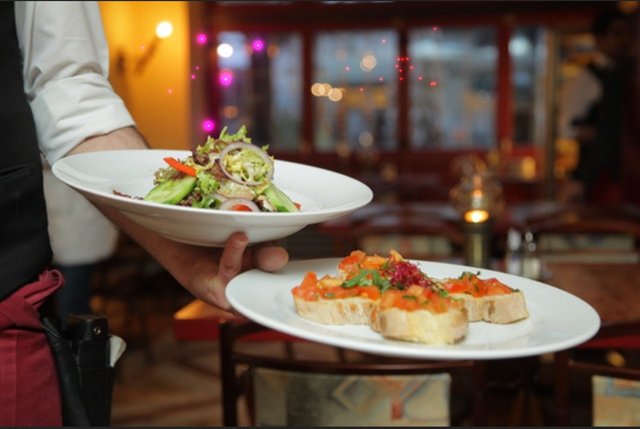France and its strong influence on world cuisine

In France, the meal is considered an art of living and a ritual of happiness. Although cooking trends may follow the influence of fashions, French cuisine has a strong influence on global gastronomy.
Historical reasons
In the 17th and 18th centuries, French cuisine spread to Europe thanks to gastronomy books such as “Le Cuisinier François”, published in 1651 and translated into several languages. At the time, it was well regarded in Europe to employ French cooks. And even beyond, to Mexico for example, where the "comida afrancescada" (French food) was born with the banquets of King Maximilian and his wife Carlota (Charlotte of Belgium).
The influence of French cuisine is very diverse: almost everywhere in the world we make omelets, in Portugal we eat the “Francesinha” (petite-française) dish inspired by the croque-madame and the Brazilians talk about the best part of something like “filet”, an allusion to filet mignon.

France is still exported to the four corners of the planet
Each country has its culinary specialties which contribute to its identity. France has acquired its worldwide fame thanks to the superior quality of its dishes.
Each region of France contributes in its own way to this notoriety with regional products that are always pleasant to enjoy. France exports not only its know-how but also various high-end products such as wine, cheese, champagne, croissants, chocolate, cold cuts, butter, snails, Breton lobster ...

French cuisine is present all over the world with French chefs who have opened haute cuisine restaurants. There are 77 French restaurants in Los Angeles alone. French cuisine has also established itself in Asia, and particularly in Japan, where there are more than 5,000 French restaurants.
Considered one of the most refined in the world, French cuisine is seen abroad as a luxury reserved for an elite. The best chefs in the world owe it to themselves to master this cuisine. Some even come to study and learn the French culinary traditions and techniques essential to any contemporary chef in the greatest cooking schools in France (Ferrandi, Institut Paul Bocuse, Vatel, etc.).

French gastronomy distinguished by Unesco
In 2010, the gastronomic meal of the French was inscribed in the intangible cultural heritage of Humanity by UNESCO, thanks to its quality and the traditions of the festive meal, as well as cultural practices that reflect traditional know-how.
This is the first time that a gastronomy has been proclaimed an intangible "masterpiece" by the United Nations.
The meal recognized by Unesco includes an aperitif, a starter, a main course with meat or fish and a side dish, cheese, a dessert and a digestif without omitting a good wine.
French gastronomy thus continues to reign supreme through the quality of its know-how and its products.
- I hope you like it